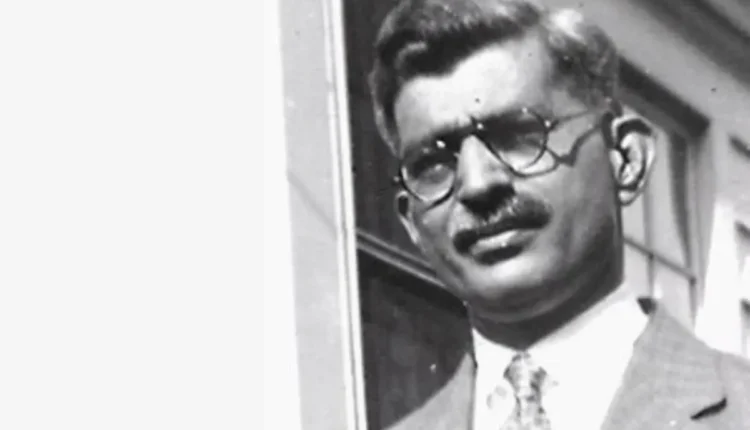In the annals of history, some names shine brightly despite the odds stacked against them. Bhicaji Framji Balsara, a Parsi Zoroastrian from Bombay, is one such luminary.
Born on May 30, 1872, Balsara’s journey from the bustling streets of Bombay to the vibrant life of New York is not just a story of immigration but of determination, resilience, and the pursuit of the American Dream. Notably, Balsara is remembered as one of the first Indians to become a naturalized U.S. citizen, a feat achieved against significant legal and social challenges.
Bhicaji Framji Balsara: Early Life and Arrival in America
Bhicaji Framji Balsara’s early years were spent in Bombay, where he was part of the Parsi Zoroastrian community, known for its rich cultural heritage and contributions to Indian society.
His life took a dramatic turn in 1900 when he arrived in the United States as a cotton buyer for the Tata Group. Settling in New York, Balsara quickly integrated into the fabric of American society, both professionally and personally. It was here that he met and married Louise Darre, and together they had two daughters, forming a family that epitomized the fusion of Eastern and Western cultures.
The Fight for Citizenship
The early 20th century was a period of stringent immigration laws and prevalent racial prejudices in the United States. In 1906, Bhicaji Framji Balsara applied for U.S. citizenship, a move that set the stage for a legal battle that would test the boundaries of American immigration policies. His application was initially met with reluctance.
The presiding judge at the Circuit Court in New York, Emile Henry Lacombe, hesitated, citing the intent of the original naturalization act, which was primarily designed to include only white immigrants who had contributed to the founding of the nation.
Despite these reservations, Lacombe recognized Balsara’s high character and exceptional intelligence, ultimately granting him citizenship. However, Lacombe’s decision was conditional; he hoped that the U.S. attorney would appeal the case, seeking a more authoritative interpretation of the law.
This appeal process brought Bhicaji Framji Balsara’s case to the Federal Court of Appeal, where his fight for recognition as a U.S. citizen gained further attention.
Support from the Syrian American Community
Balsara’s quest for citizenship did not go unnoticed. The Syrian American community in New York, a small but determined group, saw his case as a beacon of hope for their own naturalization efforts. Their support was instrumental in bolstering Balsara’s appeal, showcasing a moment of unity and shared struggle among immigrant communities in America.
Legacy and Impact
Bhicaji Framji Balsara’s successful naturalization in 1909 was not just a personal victory; it was a landmark moment in American legal history.
It challenged the racial biases embedded in the immigration laws of the time and set a precedent for future generations of immigrants from Asia and beyond. Balsara’s perseverance opened doors for countless others who aspired to build a life in the United States, embodying the spirit of the American Dream.
Also Read:Preetinder Singh Bharara: A Fearless Crusader Against Corruption

